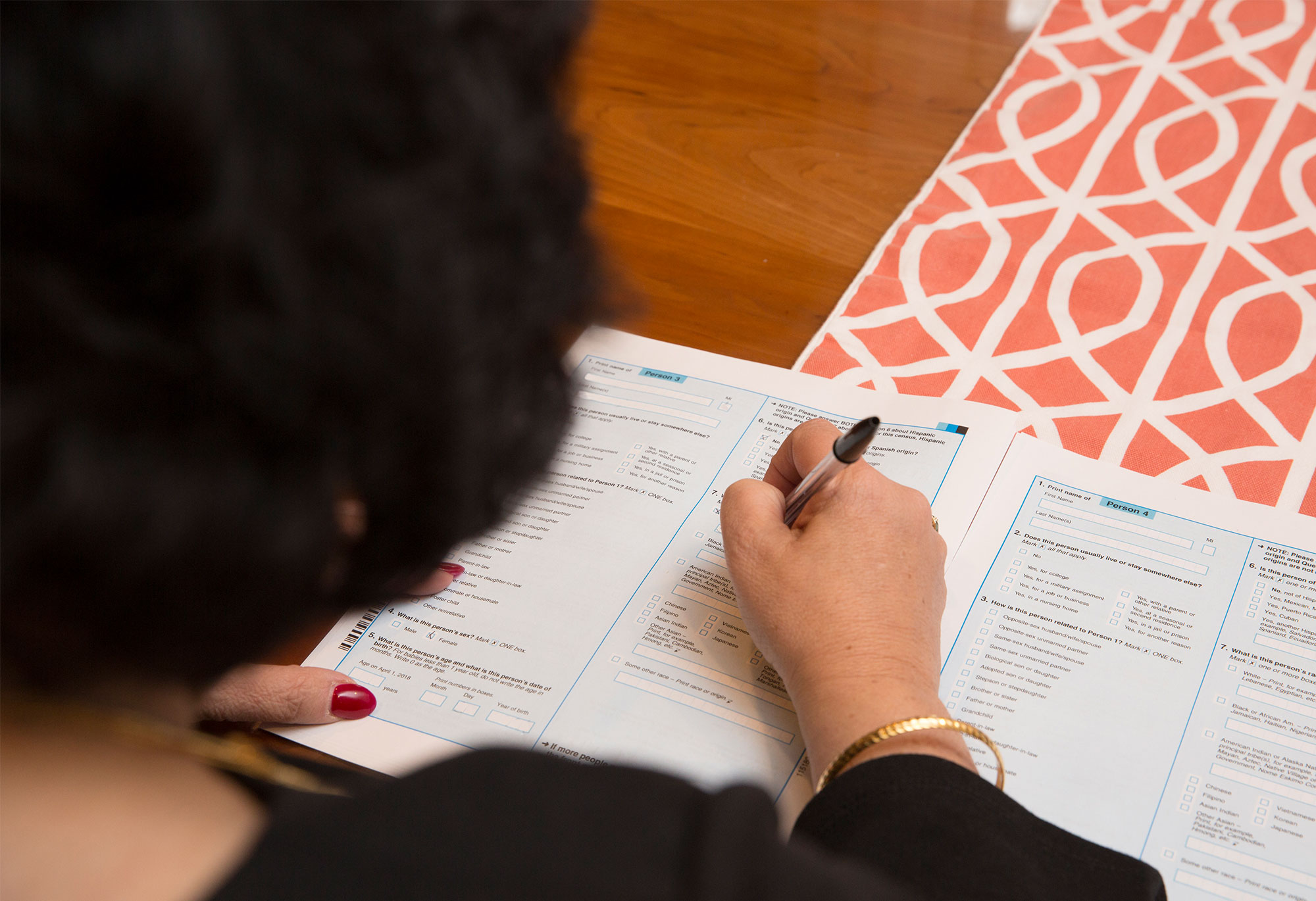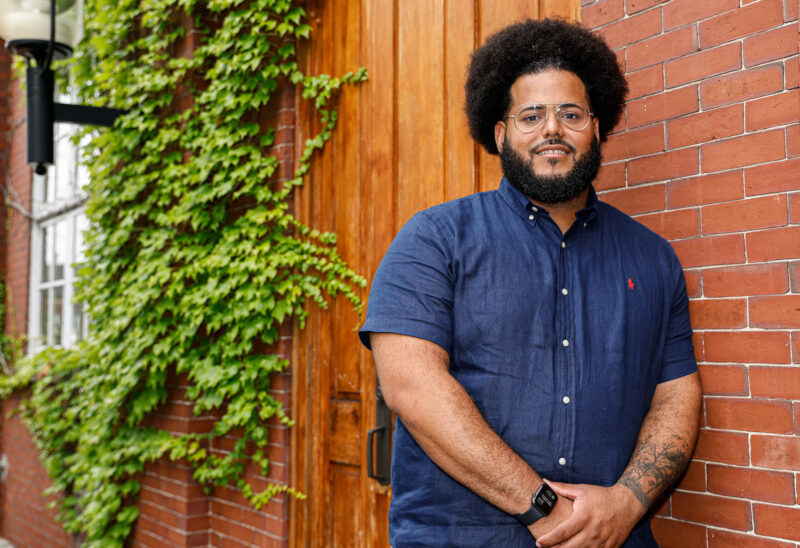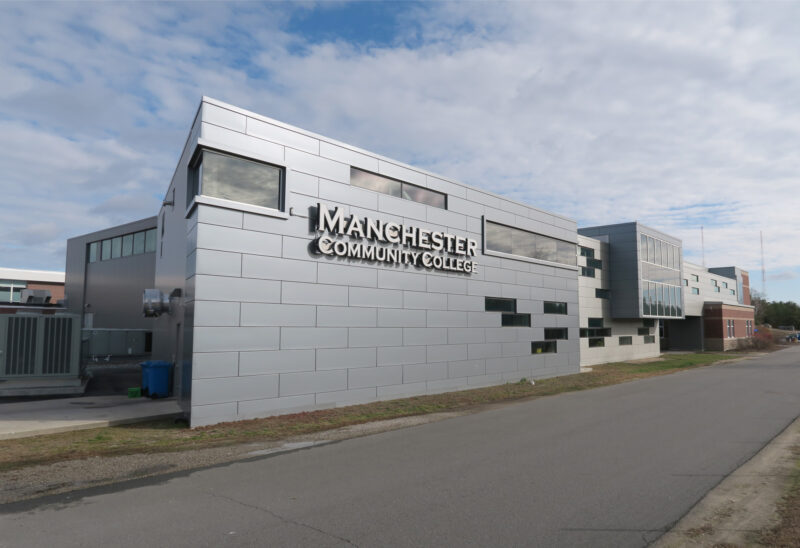Update, October 8, 2020:
The deadline for responding to the U.S. Census is October 31, 2020, and Census-takers are still going door-to-door to homes that have not yet responded. Go to my2020census.gov to respond to the Census online online, or call 1-844-330-2020 to respond by phone. A full listing of toll-free numbers for responding in different languages is available here.
The article below, from November of last year, describes work supported by the Charitable Foundation and a consortium of other funders in New Hampshire to support state and local efforts to help achieve a complete count in New Hampshire — and why a complete count is so critical.
As of the first week in October, 2020, nearly 100 percent of New Hampshire households had been counted, outpacing the state’s 2010 response rate.
Once every 10 years, the U.S. Census Bureau sets about counting every last person on American soil in the place where they live — a requirement established by Article 1, Section 2 of the U.S. Constitution.
As you might imagine, it’s a challenging undertaking.
But it matters. A lot.
The Census determines representation in our government. Getting an accurate count is fundamental to a functioning, representational democracy.
And the data generated by the Census is used to inform the distribution of close to $900 billion in federal funding for everything from road construction to student loans to heating assistance for struggling families. It helps businesses determine where to locate and create jobs, and helps communities plan for the future. Good data informs thousands of public and private sector decisions — including those of nonprofits and funders — about how best to anticipate community needs and target resources. For example, census data provide rich demographic information that, in combination with other data, can be critical in assessing community vulnerability to the climate crisis and supporting disaster planning and response.
At the Charitable Foundation, we believe that an accurate and complete count is critically important for New Hampshire. And so we have pooled resources with the Couch Family Foundation, the New Hampshire Progress Alliance, New Hampshire Women’s Foundation and the Tufts Health Plan Foundation to fund a contract position to help ensure a complete count for New Hampshire. Additional funders will also be supporting grassroots efforts to get an accurate count.
Bill Maddocks, former project manager at the Carsey School of Public Policy at the University of New Hampshire, will support state and local efforts to help achieve a complete count in New Hampshire — including among hard-to-reach populations such as people with limited internet access, immigrants and non-English speakers, off-campus college students, young children, people experiencing homelessness, seniors, and people in rural areas.
Here’s why:
New Hampshire receives more than $3.7 billion in federal dollars annually under 55 separate programs whose apportionment is guided by data from the Census: the school breakfast program for children, medical assistance, Head Start, adoption assistance, special education funding, crime victim assistance, funding for health care centers, for the prevention and treatment of substance use disorders and much, much more. Equitable distribution of these funds depends on an accurate population count. Our communities and nonprofit partners rely on many of these federal programs to help them serve the most vulnerable New Hampshire households. If an undercount reduces this federal funding, our communities and families suffer.
Hard-to-count populations may be even harder to count in 2020. For the first time, the 2020 Census will be completed largely online, causing concerns about response among people without internet access — who are disproportionally low-income, as well as many who live in the northern reaches of the state. (New Hampshire is actually home to one of the hardest-to-count Census tracts in the country — an area south of Berlin in Coös County.) Additional factors further risk depressing New Hampshire’s response: reduced and delayed federal investments in Census efforts this time around; lack of any New Hampshire state funding to ensure a complete count; and distrust of government among many residents, including those in immigrant communities.
Here are some ways to help ensure a complete count for New Hampshire:
Volunteer. Some New Hampshire communities have “Complete Count Committees” working to spread the word and engage local partners to ensure a complete count. If your community has one, join it. This interactive map will allow you to search by community and includes contact information for committee chairs. If your community does not have a Complete Count Committee, start one. Resources on this page will help you plan and start a Complete Count Committee in your community.
Help count. The Census is seeking to hire thousands of temporary workers in New Hampshire to get the job done (pay starts at $19/hr). Given the state’s very low unemployment rate, hiring enough workers may prove challenging. Apply here as your civic contribution to help ensure that every person in New Hampshire gets counted in 2020.
Participate. And, of course, do not forget to complete your own Census response. By April 1, 2020, every household in the United States will be contacted by the Census Bureau, and you will have the option of responding by phone, mail or online. Be sure to be counted!
Deborah Schachter can be reached at Qrobenu.Fpunpugre@aups.bet.













![Rev. Heidi Carrington Heath joined Seacoast Outright. [Photo by Cheryl Senter]](https://www.nhcf.org/wp-content/uploads/2024/05/Heidi-Carrington-Thumbnail-800x548.jpg)
![Dr. Jennie Hennigar treats a patient at the Tamworth Dental Center [Photo by Cheryl Senter]](https://www.nhcf.org/wp-content/uploads/2024/05/TCCAP-Hero-800x548.jpg)

